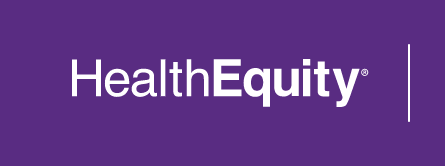Have you ever had to endure a 401(k) Audit? For most plan sponsors, they are not a pleasant experience. We're not referring to being audited by the DOL or IRS, we're referring to the annual audit attached to Form 5500 that is required for "large plans". Plan sponsors dread the annual audit because of the time, effort, energy, and cost required. But it doesn't have to be that way.
In an effort to alleviate the pain caused by the annual 401(k) audit, we have prepared a few pieces of information that you should know about these audits. If you take advantage of even a couple of these, you will have a better experience moving forward.
When do I need an audit?
An audit isn't something you want to do unless required, right? For starters, you won't need to do an audit if you started the plan year with less than 100 eligible participants. But even if you cross the 100-participant threshold, see if you qualify for an exemption under the 80/120 Participant Rule, so that you don't waste your time. This rule states that you can continue to file the Form 5500 within the same category as you filed the previous year as long as there are between 80 and 120 participants at the beginning of the plan year. So, if you didn't have to do an audit last year, but then reached 105 participants this year, you still won't have to do an audit. It will remain that way until you exceed 120 participants at the beginning of the plan year.
How can I minimize the audit workload?
To do an audit, an independent auditor is required. Independence, in this case, means the auditor cannot have additional ties to your company or the plan. For example, if the auditor does the bookkeeping, accounting, financial statements, or other audits for you, they would not be considered independent. Most likely the auditor won't know much about your plan unless they audited your plan in a previous year. It is the auditor's job to learn enough about your plan to be able to conduct a thorough audit. To do this requires work. But it doesn't necessarily have to require tons of work on your end. You may be able to get your service providers to help with some of that work. For example, a record-keeper or TPA may be able to provide plan documents, financials, payroll data, valuations, and more to the auditor. If they don't want to help you, you may want to find new service providers for the next plan year.
How much will an audit cost?
For small to medium size business (plans under $50 million in assets), we see average annual audit costs of $8,000 - $12,000. We have even seen auditors that charge over $18,000 for a plan audit. HealthEquity Retirement benchmarks new auditors each year to find capable, efficient auditors. Each year we find several auditors that are willing to charge 25% - 50% less than that for a single plan audit. The savings get even better (50% - 80%) when you buy audits in bulk like we do.
Overall, plan sponsors are spending too much time and too much money on their 401(k) audits. But, if you take a minute to do your homework upfront, you should be able to find an auditor that can make it easier on you or find a service provider that can lighten the load. Audits don't have to be painful, but they certainly may end up being a lot more work than necessary if you don't have the right help.
This article was produced in collaboration with HealthEquity Retirement Services, LLC. HealthEquity Retirement Services, LLC is a wholly owned subsidiary of HealthEquity, Inc. Nothing in this communication is intended as legal, tax, nancial or medical advice.


